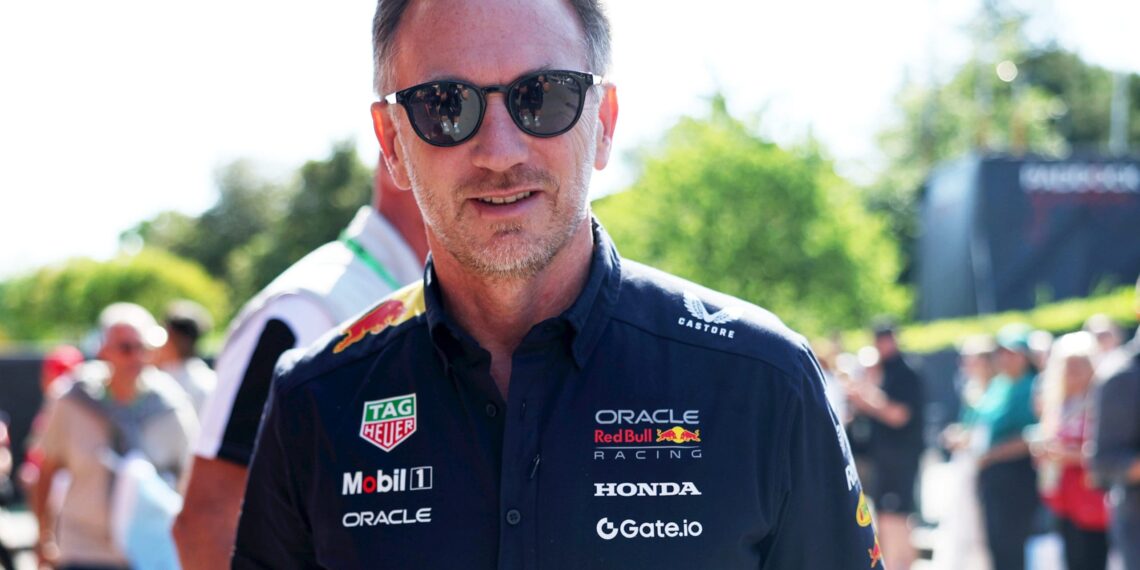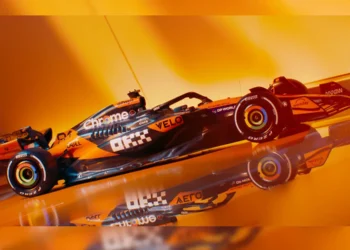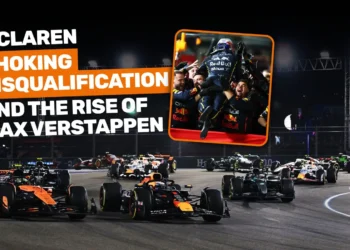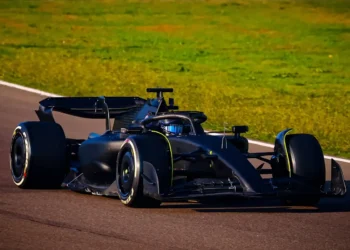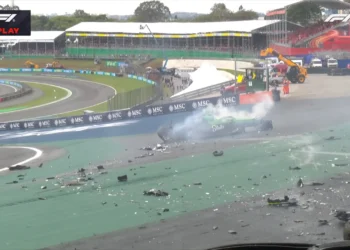The Formula One community is still trying to process Red Bull Racing’s sudden announcement that Christian Horner will step down after two decades as team principal. His long tenure has been marked by record titles and pioneering innovation, so his exit during this challenging chapter has sent shockwaves through the paddock.
Horner’s departure follows an unexpectedly turbulent start to the 2024 season, which contrasted sharply with Red Bulls season-long dominance in 2023. As reliability issues and drift in aerodynamic performance emerged, fresh scrutiny fell on the technical team, and even Verstappen struggled to extract the usual advantage.
Things grew more precarious when chief designer Adrian Newey, architect of much of Red Bulls recent success, confirmed he would step back for personal reasons. While management scrambled to secure key talent and promote promising engineers from within, on-track results failed to match confidence, amplifying fears that the team’s competitive DNA was under threat.
While rivals such as McLaren closed the gap and began posting podium finishes, Red Bulls speed dipped, leaving Max Verstappen visibly frustrated. He voiced doubts about the chassis and power unit slated for the next two seasons, remarks that raised eyebrows in the garage and back at the factory. Shortly after, media chatter linked him to a future at Mercedes, amplifying the unrest and prompting Verstappen to delay any long-term pledge to Red Bull Racing.
With questions swirling and the clock ticking, the teams ownership reached a decisive moment: should it reshape the management structure and scale back Christian Horners long-held authority? Though key sponsors still backed him and victories were fresh in memory, Horners firm refusal to rethink personnel lines and to lean on Data Analytics as heavily as rivals cost him the confidence of the senior board.
Horners record speaks for itself-nine constructors titles and a history dotted with race wins-yet every team in Formula 1 lives and dies by current performance. When pivotal engineers were poached, and chassis upgrades repeatedly fell short, the logic of severing ties with Horner became painfully clear, marking the end of a notable chapter in Red Bulls saga.
With the departure of key personnel, Red Bull stand at a pivotal crossroads as they strive to recover their competitive edge and reaffirm their supremacy in Formula 1. Now that the dust has begun to settle around this major reshuffle, observers from within the paddock and beyond are watching closely to see what Red Bull will do next and how those decisions might shape coming seasons in global motorsport.

